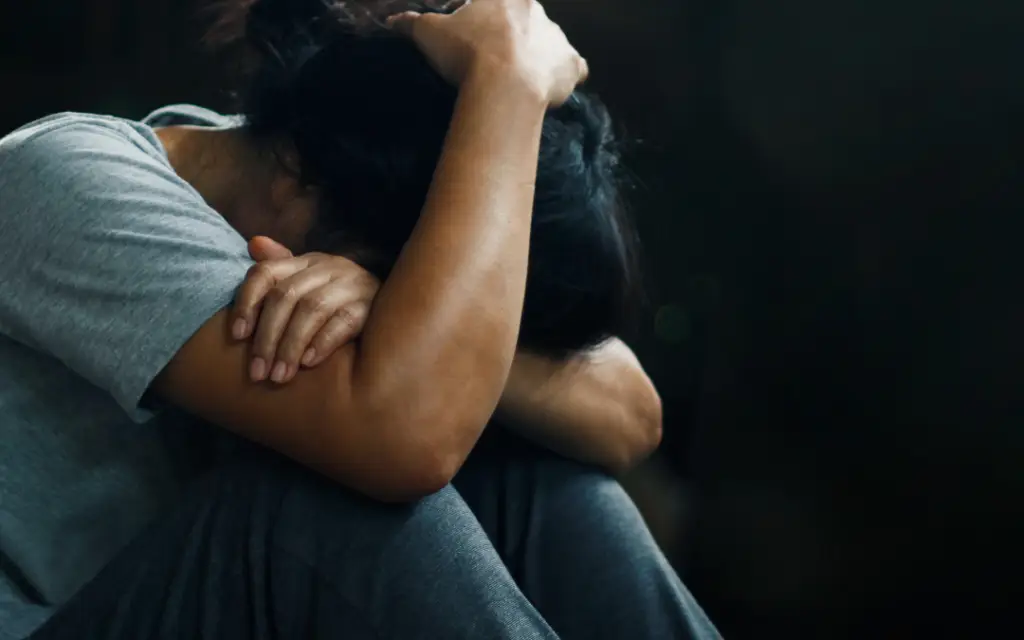In the serene landscapes of North Carolina, amid its rolling hills and bustling cities, lies a crucial support network dedicated to those who have bravely served their country: veteran therapy services. These services form a vital lifeline for veterans grappling with the aftermath of their service, offering a pathway to healing, resilience, and renewed purpose. From specialized counseling to community outreach programs, North Carolina has emerged as a beacon of support for its veterans, fostering a holistic approach to wellness.
Holistic Support Systems
Veteran therapy services in North Carolina encompass a wide array of resources tailored to meet the unique needs of military personnel and their families. At the heart of these services are dedicated professionals who understand the complexities of military life and its impact on mental health. Therapists, counselors, and psychologists trained in veteran-specific issues provide individualized care, addressing conditions such as PTSD (Post-Traumatic Stress Disorder), depression, anxiety, and substance abuse.
Comprehensive Counseling and Therapy
Central to North Carolina’s veteran therapy services are highly trained counselors and therapists specializing in the unique challenges faced by veterans. These professionals provide individualized assessments and evidence-based treatments tailored to address conditions such as PTSD, depression, anxiety, and substance abuse. Through one-on-one counseling sessions, veterans receive personalized support aimed at promoting emotional well-being and improving quality of life.
Family and Relationship Counseling
Recognizing the importance of familial support in the recovery process, North Carolina’s therapy services extend to include family and relationship counseling. These sessions not only educate family members about the veteran’s experiences and challenges but also facilitate communication and strengthen relationships. By involving loved ones in the therapeutic process, these services foster a supportive environment conducive to long-term healing and stability.
Integrative Health and Wellness Programs
Holistic wellness goes beyond traditional therapy sessions. North Carolina offers integrative health and wellness programs that incorporate complementary approaches to promote overall well-being. These may include mindfulness practices, yoga, art therapy, and recreational activities designed to reduce stress, enhance relaxation, and improve physical health. By addressing the mind-body connection, these programs empower veterans to cultivate a balanced and healthy lifestyle.
Peer Support and Group Therapy
Community support plays a pivotal role in North Carolina’s veteran therapy services. Peer support groups and group therapy sessions provide veterans with opportunities to connect with others who share similar experiences. These settings encourage open dialogue, camaraderie, and mutual support, fostering a sense of belonging and understanding. Through shared experiences and collective encouragement, veterans build resilience and strengthen their social networks, essential factors in maintaining long-term mental health.
Educational and Vocational Resources
Transitioning from military to civilian life can pose significant challenges. North Carolina’s veteran therapy services include educational and vocational resources aimed at facilitating this process. Career counseling, job placement assistance, and skills training workshops empower veterans to pursue meaningful employment opportunities and achieve financial stability. By equipping veterans with the tools and knowledge necessary for successful reintegration into civilian society, these resources promote self-sufficiency and a sense of purpose.
Specialized Treatment Modalities
Recognizing that each veteran’s journey is unique, therapy services in North Carolina offer a range of specialized treatment modalities. These may include cognitive-behavioral therapy (CBT), trauma-focused therapy, eye movement desensitization and reprocessing (EMDR), and group therapy sessions. Such therapies not only aim to alleviate symptoms but also empower veterans to develop coping strategies and build resilience in the face of adversity.
Cognitive-Behavioral Therapy (CBT)
CBT is a cornerstone of treatment for veterans, focusing on identifying and changing negative thought patterns and behaviors that contribute to mental health issues such as PTSD and depression. Therapists work collaboratively with veterans to develop coping strategies and practical skills to manage symptoms effectively.
Eye Movement Desensitization and Reprocessing (EMDR)
EMDR is particularly effective in treating PTSD and trauma-related disorders. It involves guided eye movements or other forms of bilateral stimulation while recalling distressing memories, helping veterans reprocess these memories and reduce their emotional intensity.
Trauma-Focused Therapy
This approach specifically targets the effects of trauma on mental health. Therapists use evidence-based techniques to help veterans safely confront and process traumatic experiences, fostering emotional healing and reducing symptoms of PTSD and related conditions.
Group Therapy
Group therapy sessions provide a supportive environment where veterans can connect with peers who share similar experiences. Led by trained facilitators, these sessions encourage mutual support, validation, and the exchange of coping strategies. Group therapy can enhance social skills, reduce isolation, and promote a sense of belonging.
Family Therapy
Recognizing the integral role of family in a veteran’s recovery, family therapy addresses relationship dynamics, communication issues, and the impact of military service on familial relationships. It helps families understand and support their loved one’s journey toward healing while fostering healthier interactions and improving overall family functioning.
Community Integration and Outreach
Beyond clinical settings, veteran therapy services in North Carolina extend into the community through outreach programs and peer support networks. These initiatives foster a sense of camaraderie and understanding among veterans, creating spaces where they can share experiences and support one another. From recreational activities to vocational training workshops, these programs promote holistic well-being and smooth the transition to civilian life.
Access and Advocacy
Accessibility is a cornerstone of North Carolina’s veteran therapy services. Efforts are made to ensure that veterans from all walks of life can access the care they need, regardless of geographic location or financial status. Statewide networks collaborate with federal agencies, nonprofits, and private healthcare providers to streamline access and advocate for veteran-centric policies.
The Role of Technology
In an increasingly digital age, technology plays a pivotal role in expanding the reach of veteran therapy services. Telehealth platforms enable veterans in rural or underserved areas to connect with therapists remotely, breaking down barriers to care. Mobile applications and online resources provide educational materials, self-help tools, and crisis intervention services, empowering veterans to take charge of their mental health.
Conclusion
Embarking on the path to wellness through veteran therapy services is a transformative journey that Renewed Wellness Counseling, PLLC proudly supports. Whether you’re located in North Carolina or South Carolina, our dedicated team is committed to providing compassionate and effective therapy tailored to meet the unique needs of veterans. By offering a safe space to explore challenges and develop coping strategies, we empower veterans to reclaim their mental health and enhance their overall well-being.
For more information on our services or to schedule an appointment, please contact Renewed Wellness Counseling, PLLC at 252-505-8150. Our team looks forward to assisting you on your journey towards renewed wellness and a brighter future.








